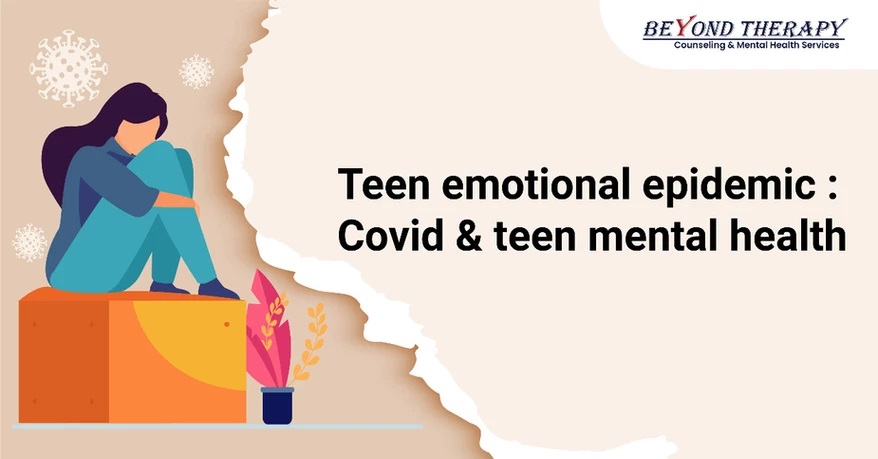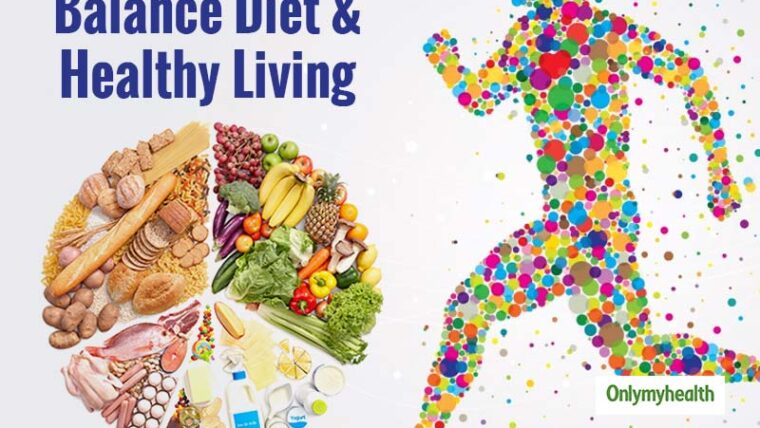Being a teenager is difficult no matter what, and the COVID-19 made it even harder. With school closings and canceled events, many teens missed out on some of the biggest moments of their youthful lives, as well as everyday moments like chattering with friends and participating in co-curricular activities.
Even adults have had severe struggles facing life post the pandemic. Deterioration in mental health during COVID-19, especially teen mental health has been recorded on a large scale, globally.
Teenagers have been trying to cope during the coronavirus pandemic. The continuous stress, fear, grief, uncertainty, and deaths caused by the COVID-19 pandemic have weighed on all of us, but children and teens have had an exceptionally hard time coping with mental health impacts and emotional health impacts on and around them.
For teenagers facing life changes due to the outbreak who are feeling anxious, isolated, and disappointed, know this: you are not alone.
Mental Health Challenges –
Adolescent mental health has suffered manyfold throughout the pandemic.
Bereavement, isolation, loss of income, and fear were some triggering mental health conditions, that even exacerbating existing ones.
Signs of stress and mental health challenges are not the same for every teen, but there are some common symptoms that help understand the emotional health impacts and mental health impacts in teens, during the pandemic –
-
Fussiness
-
Irritability
-
Episodes of crying
-
Disturbed sleep cycle
-
Gag reflux
-
Clingy, having separation anxiety
-
Throwing tantrums, hitting, nail-biting, etc.
-
Loss of interest in activities previously enjoyed.
-
Memory, thinking, and concentration problems.
-
Lack of personal hygiene and grooming
-
Increase in reckless behavior like rash driving, or substance dependence.
-
talking about death, or suicidal ideation
How to minimize the impact of Covid-19 on teen mental health –
-
Understand that anxiety is completely normal – Anxiety is a completely normal function that alerts us to threats and helps us make informed decisions. You need to be alarmed is when this anxiety exceeds the abnormal range.
-
Devise distractions – Whenever faced with impossible situations, divide them into two categories – things you can do something about, and then things that you can’t do anything about. Now when you focus on things that you can’t control, you will automatically start thinking and devising strategies about things that you can control.
-
Keep connecting – If the past months have taught us anything, it is to always stay connected with our loved ones, no matter the odds. There’s nothing better and beneficial than a support system. Always find new ways and means to stay connected with family and friends. Find creative ways to do so, rather than screens.
-
Focus on yourself – Now is the time to take that course you always wanted to, learn baking, learn the guitar, gear up your vehicles. This is your ‘me’ time. Focus your attention on yourself. Help yourself grow as an individual.
-
Feel & heal – There’s no shame in crying, nothing wrong in feeling angry; it only means that you’re human and you feel. The losses we all have suffered, especially during the past year are large-scale. Missing out on events, relationships, friendships, and life overall have made an ever-lasting impact on our lives.
Process your feeling, acknowledge them, address them, put them out in the open, talk about them to your trusted ones.
What’s important is that you do what you feel is right for you and your mental health.
Always remember – keep the lines of communication open between you and your child. Don’t hesitate to talk to them, or opt for therapy if needed. You’re doing it to help maintain your family’s and your teen’s mental health in difficult times.




